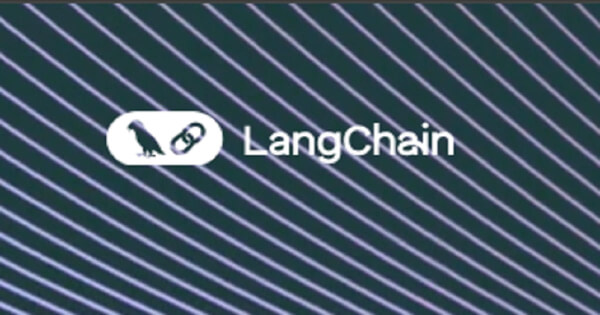Peter Zhang
19 Sep 2024 17:22
LangChain has released LangGraph templates for Python and JS, designed to be easily configured and deployed on LangGraph Cloud.
According to the LangChain blog, LangChain has now announced the release of LangGraph templates, which are available in both Python and JavaScript. These templates are designed to solve common use cases and are easy to configure and deploy on LangGraph Cloud.
The best way to leverage these templates is to download the latest version of LangGraph Studio, but it is also available as a standalone GitHub repository. Last year, LangChain observed that real-world ‘agent’ applications require careful crafting, which led to the development of LangGraph, a low-level framework for orchestrating agent applications that provides fine-grained control.
Why should I use templates?
LangChain decided to introduce templates to make it easier to modify the internal functionality of the agent. Developers can clone the repository to access all the code and change prompts, chaining logic, and other elements as needed. This approach balances the flexibility to control and customize the underlying code with the ease of getting started.
LangGraph templates are structured to be easy to debug and deploy in LangGraph Studio or directly to LangGraph Cloud with one click. This structure aims to simplify the development process while maintaining control over the functionality of the application.
Configurable templates
These templates are designed to work with language models, vector stores, and various tools, and offer a wide range of options. LangChain plans to make these templates configurable by allowing specific fields to be set within the graph itself. The setup steps in LangGraph Studio guide users through selecting their preferred provider.
Initially, LangChain aims to avoid templates that are specific to a single provider and to make all templates provider-agnostic. LangChain will start with a limited number of providers, but plans to expand this over time.
A small number of high quality templates
For its initial launch, LangChain is focusing on a small number of high-quality templates, starting with three:
- RAG Chatbot: A chatbot for a specific data source, which performs a search step on Elastic or other search indexes and generates responses based on the searched data.
- ReAct Agent: A general agent architecture that uses tool calls to select the correct tool and repeat until the task is completed.
- Data Enrichment Agent: A research-focused agent that uses the ReAct agent architecture and a search tool for filling out specific forms, and also includes a reflection step to verify the accuracy of responses.
An additional blank template is also provided for users who want to build a LangGraph application from scratch.
conclusion
LangGraph has proven to be highly configurable and customizable, providing a solid foundation for agent architectures. LangChain is optimistic about the potential of templates to simplify the development process for LangGraph users. The initial release includes a limited number of templates, but more templates are in development and will be added over time.
Image source: Shutterstock

